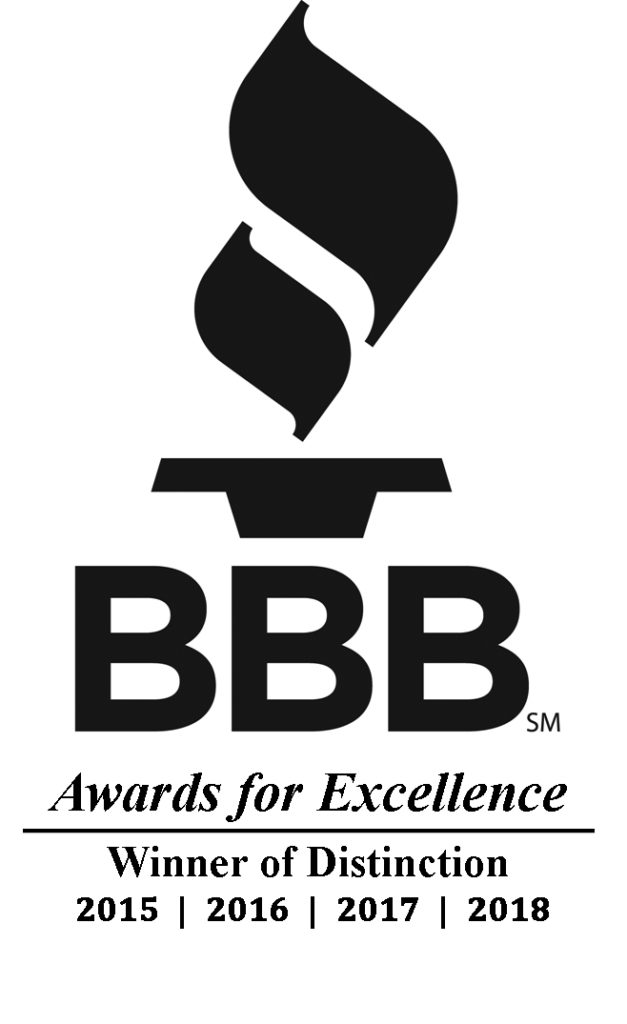Update home safely with a lead-safe certified remodeler
You’ve made the decision to finally remodel the outdated kitchen and living room of your home, but if you live in a house built before 1978, a federal law regulating the removal of lead paint will affect your home remodeling project if you hire a professional remodeler.
In 1978, the use of lead paint was officially banned from residential construction. Before that, however, lead paint was used in more than 38 million homes, according to the U.S. Environmental Protection Agency (EPA).
Lead paint dangers
During a renovation or remodel, lead-paint dust can fill the air and be inhaled. Small children could ingest lead paint chips that fall from the wall. For young children, lead poisoning can cause learning disabilities, hearing loss and behavior problems. In adults, lead poisoning can lead to hypertension and high blood pressure. Pregnant women run the risk of passing the poison on to their unborn child.
What are lead-safe work practices?
An EPA-certified contractor will follow these work practices:
Contain the work area so that dust and debris do not escape. Warning signs will be put up, and heavy-duty plastic and tape will seal off doors and heating and cooling system vents, and also cover the floors and any furniture that cannot be moved.
Minimize dust. There is no way to eliminate dust, but some paint removal methods create less dust than others. Discuss the differences with your contractor.
Clean up thoroughly. When all the work is done, and before taking down any plastic that isolates the work area from the rest of the home, the area should be sanitized using special cleaning methods. These methods include using a HEPA vacuum to clean up dust and debris on all surfaces, followed by wet mopping with plenty of water.
Emergency rules
To ensure that property owners and occupants are able to act quickly to preserve their homes and property in the wake of disasters, the EPA’s Lead Renovation, Repair and Painting Rule (RRP Rule) includes an emergency provision exempting firms from certain requirements. Emergency renovations are defined as renovation activities that were not planned but result from a sudden, unexpected event that, if not immediately attended to, present a safety or public health hazard, or threaten equipment and/or property with significant damage.
This article was provided by a member of the Remodelers Council of the Greater Houston Builders Association, which is dedicated to promoting professionalism and public awareness of the remodeling profession through education, certification and service to the Houston community. To reach the author directly, email larry@abbottcontracting.com. For information on this article, contact Lorraine Hart at lorraine@idealconsulting.net. To join the council or to find a professional remodeler in your area, visit www.ghba.org.












